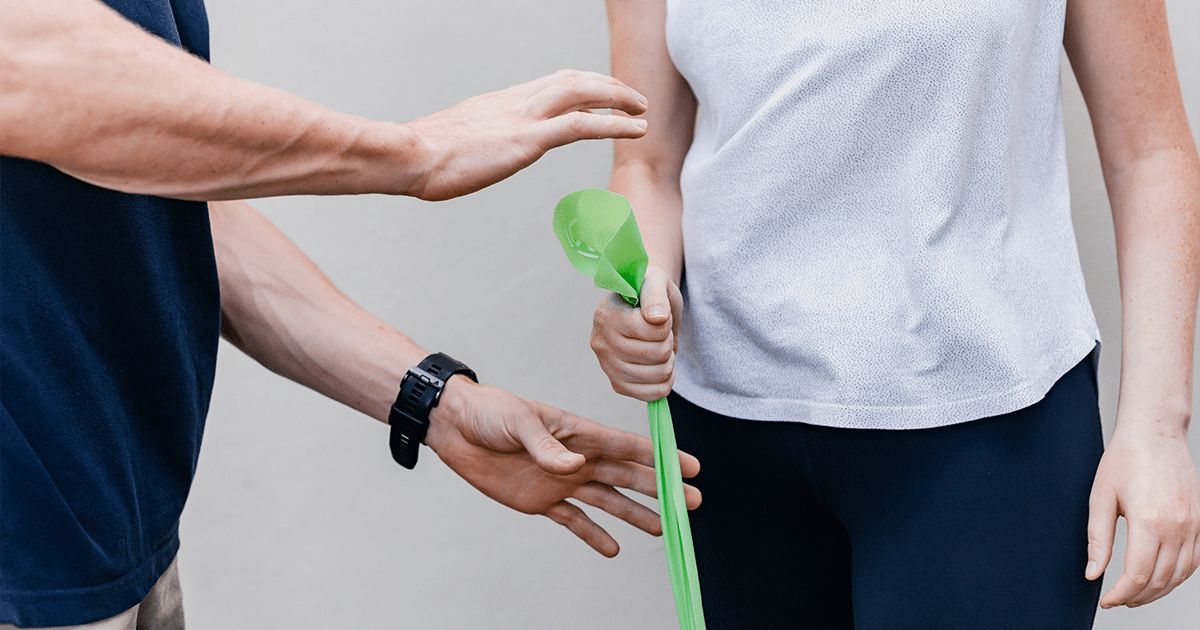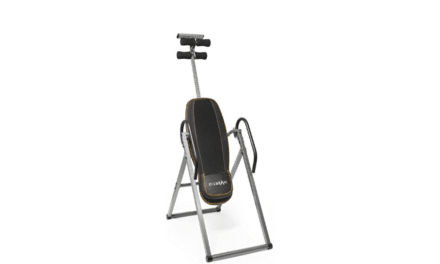Today, I wanted to discuss exercise physiology and how it has been part of treating my condition for the last year. My exercise physiologist helps me work out safely and is always there to answer questions about working more effectively and targeting different muscle groups based on weakness, postural issues, and tightness. I recommend incorporating both physiotherapists and an exercise physiologist for the best outcomes. I have found it deeply beneficial in managing my condition and helping me feel more confident that I am working out safely and effectively. In this blog, I will discuss what an exercise physiologist is, its benefits, and elaborate more on my personal experiences.
Exercise Physiologist
This section takes information from Healthtime’s article ‘What is an Exercise Physiologist.’ An exercise physiologist is extensively trained in understanding how the body responds to exercise, being much more than a personal trainer, focusing specifically on the context of injury, chronic disease, pain, and disability. The goal is to apply a therapeutic lens to exercise to improve quality of life, disease management, and treatment outcomes. While physiotherapists focus on assessing disease and disability states and reducing symptoms, exercise physiologists concentrate on the longer term by developing functional capacities and quality of life. Another difference is that physiotherapists use ‘hands-on’ treatment while exercise physiologists primarily use exercise to generate therapeutic or performance outcomes.
Benefits of Utilizing an Exercise Physiologist
This section leverages information from my EP Clinical Exercise Physiologist’s article, ‘When would you see an exercise physiologist.’ As addressed before, exercise physiologists can improve performance and health outcomes, benefiting you greatly. Exercise physiologists can help you create tailored exercise programs to deal with a medical condition or rehabilitate following surgery, an injury, or an accident to improve health, manage symptoms, and support your overall well-being. The tailored programs and support can help you manage weight and chronic pain. They can also create safe programs for various populations, including pregnant women, older adults, children, and individuals with disabilities. Exercise physiologists can enhance your overall fitness training and formulate a preventive exercise regimen to safeguard your body against future injury and health issues. Overall, the extensive knowledge of exercise physiologists can help you accomplish any goals, ranging from reducing inflammation and symptoms to improving current and future health outcomes and enhancing your well-being.
My Personal Experiences with an Exercise Physiologist
Before seeing an exercise physiologist, I used only to see a physiotherapist, but now I see both of them and have found it tremendously helpful. With my exercise physiologist, the first session was an assessment of my body and different exercises to test my strengths and weaknesses. Following this, I have 1-hour sessions where I complete numerous concentric, isometric, or rubber band exercises focusing specifically on the upper body. I have it structured so that my physiotherapist focuses on my lower body, which requires more hands-on work, and my exercise physiologist helps me develop muscles in my upper body. I am lucky that my exercise physiologist is also trained as a physiotherapist, so after seeing him for a while, I began having hands-on manipulation for the upper body, which includes massage, dry needling, and stretching, after the workout sessions.
After seeing my exercise physiologist for a while, I have noticed that my posture has improved, and I feel stronger. It is valuable to ask questions as I am doing the exercise and have clarification that I am doing it correctly and not using other muscles to compensate. He has also helped me develop an exercise routine that incorporates the areas I neglected before, ensuring that I focus on areas that impact my functional capacity the most. I have gained greater flexibility and confidence in working out safely and mixing up my exercises to ensure my body is not getting too comfortable and lazy with the same exercises and routine. During these sessions, we have quality chats and listen to a chill house mix, sometimes involving dance lessons and routines during breaks for fun.
Final Thoughts
Overall, I am delighted I began seeing an exercise physiologist in addition to a physiotherapist and would recommend doing the same to improve your health or treatment of any conditions you may have. It has helped increase my confidence in exercising safely, increased my social support, allowed me to ask numerous questions relating to exercising, and improved my strength and posture. It also asks as a preventive measure for future symptoms and health issues, bolstering my body’s resilience. Hopefully, you found this discussion of what an exercise physiologist does and the benefits it can provide to you practical.





